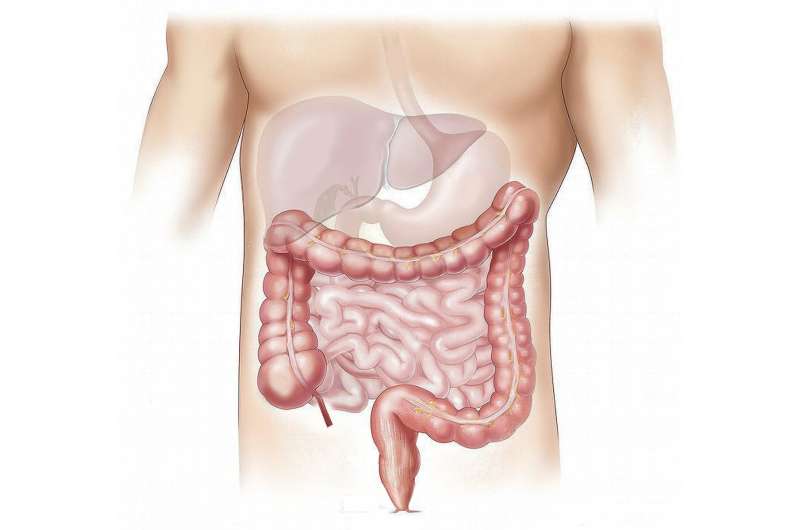Innovative Drug Combinations Offer Hope for Tough-to-Treat Cancers

Virginia Tech researchers have discovered promising new drug combinations targeting the enzyme PRMT5, offering hope against resistant cancers like pancreatic, lung, and brain tumors.
Researchers at Virginia Tech's Fralin Biomedical Research Institute have identified a promising new approach to combat certain resistant cancers by targeting the enzyme PRMT5. This enzyme, a naturally occurring protein, appears to be vital for the survival of some tumors, especially those lacking specific tumor suppressor genes like CDKN2A and MTAP. These genes normally help control cell growth and prevent cancer progression, but their absence makes tumors more dependent on PRMT5.
In a recent publication in Cancer Research, Assistant Professor Kathleen Mulvaney and her team demonstrated that using genetic screening techniques, including CRISPR gene editing, they uncovered effective drug combinations that inhibit PRMT5 and other related pathways. This strategy has shown significant promise in preclinical models, including cell cultures and animal studies, especially for treatment-resistant lung, brain, and pancreatic cancers. The combination therapies outperform single-drug treatments by significantly reducing tumor growth and even leading to complete tumor regression.
Many of these solid tumors share the characteristic of missing tumor suppressor genes, rendering them reliant on PRMT5. By blocking this enzyme, the cancer cells become more vulnerable, providing a new therapeutic target. Additionally, combining PRMT5 inhibitors with drugs that disrupt communication pathways like MAP kinase further enhances treatment efficacy.
The findings are particularly relevant given the low survival rates associated with these cancers. For instance, pancreatic cancer has a five-year survival rate of less than 15%, and glioblastoma is known for its aggressive resistance to treatment. The research suggests that about 5% of cancer patients—roughly 80,000 to 100,000 annually in the U.S.—could benefit from these innovative therapies. These breakthroughs not only advance our understanding of cancer biology but also open new avenues for clinical trials aimed at improving patient outcomes.
Overall, this research highlights the potential of combining targeted therapies to overcome drug resistance and improve survival rates for some of the most challenging cancers.
Stay Updated with Mia's Feed
Get the latest health & wellness insights delivered straight to your inbox.
Related Articles
How Short Bowel Syndrome Treatments Induce Cellular Changes in the Intestine: Insights from a Longitudinal Study
A groundbreaking longitudinal study reveals how GLP-2 analog therapy induces cellular remodeling in the intestine, improving nutrient absorption and reducing inflammation in short bowel syndrome patients.
Gfi1 Protein Plays a Key Role in Regulating Exhausted T Cells in Cancer and Infection
New research reveals the pivotal role of Gfi1 protein in regulating exhausted T cells, opening new avenues for enhancing cancer and infection immunotherapies.
Living with Type 2 Diabetes May Significantly Increase Sepsis Risk, Study Finds
New Australian research shows that living with type 2 diabetes more than doubles the risk of developing sepsis, especially among younger adults and men. Proper management of blood sugar and lifestyle modifications are crucial for reducing this risk.



